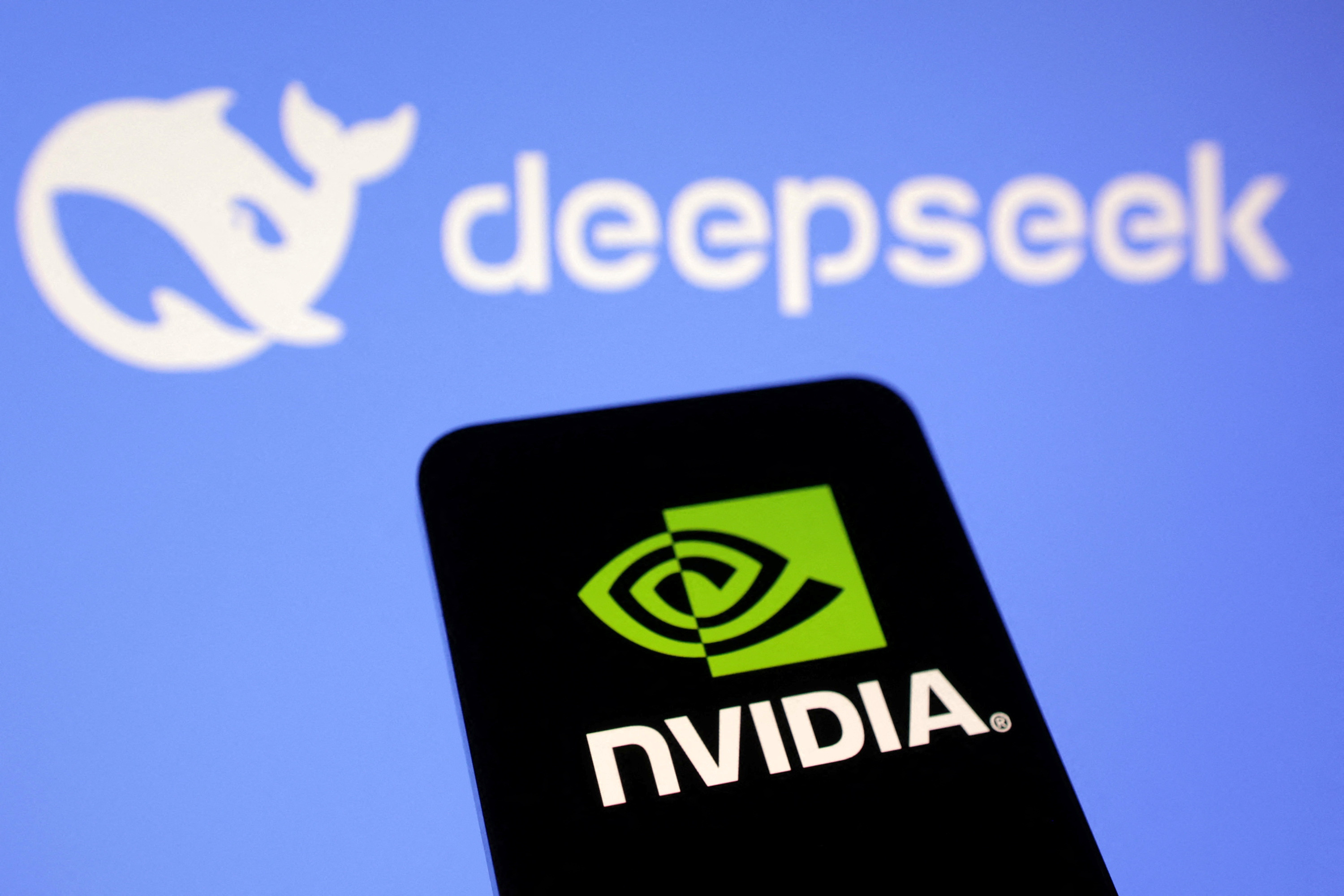Nvidia's Market Ascent Puts Spotlight on Dueling Views of Sustained Growth

SANTA CLARA, Calif. — A series of high-profile stock sales by Nvidia executives, totaling over $1 billion, has intensified a debate among investors and analysts this week over the technology giant's long-term growth trajectory, pitting concerns over market saturation against emerging strategic initiatives aimed at new global markets.
The transactions, occurring amid the company's meteoric rise to become one of the world's most valuable corporations, have fueled a polarized discussion about its future, forcing a closer examination of both internal executive confidence and the external market landscape.
Scrutiny Over Executive Stock Sales
The central point of contention revolves around reports, first detailed by the Financial Times and amplified by outlets like CNBC, that key Nvidia insiders, including CEO Jensen Huang, have sold significant portions of their stock holdings. Some market commentators argue this activity raises questions about leadership's confidence in the stock's ability to maintain its current valuation.
"Whenever insiders sell in such large volumes, it naturally leads to speculation about whether the top is near," noted a market analysis piece circulating in financial media. The narrative suggests that those with the most intimate knowledge of the company's prospects may be de-risking their portfolios in anticipation of a plateau.
However, financial analysts and wealth management experts offer a different perspective, framing the sales as standard and prudent financial planning. They point out that for executives whose compensation is heavily weighted in company stock, such large-scale diversification is a textbook strategy following periods of exponential growth. "These sales were conducted under pre-scheduled 10b5-1 trading plans, which are established in advance to avoid any appearance of trading on non-public information," stated a senior analyst at a technology-focused investment firm. "It represents a small fraction of their total holdings and is more indicative of personal financial management than a commentary on the company's future."
Supporters of this view also highlight the market's own reaction. Following the disclosures, Nvidia's stock has continued to demonstrate resilience. Recent analysis from CNBC has framed the stock's performance as a reassertion of market leadership, suggesting that institutional investors are weighing the company's strategic roadmap more heavily than the scheduled selling by its executives.
The Debate Over Future Growth Engines
Concurrent with the discussion on insider activity is a narrative, prominent in financial commentary from sources such as The Motley Fool and the Times of India, focused on identifying the 'next Nvidia.' This line of inquiry subtly frames Nvidia's hyper-growth as a phase that may be peaking, encouraging investors to look toward other companies, like Meta or OpenAI, for the next wave of exponential returns.
This search for a successor is being countered by what many in the technology sector see as Nvidia's next major growth catalyst: 'Sovereign AI.' Proponents argue this strategy directly addresses concerns that Nvidia's growth is too dependent on a handful of U.S.-based Big Tech companies. Sovereign AI refers to the trend of nations building their own sovereign AI infrastructure and large language models, using their own data and in their own languages, to ensure economic and cultural sovereignty.
According to reports from tech media outlet Wccftech, Nvidia is actively pursuing partnerships with numerous countries to build out these capabilities. "This isn't just about selling more chips; it's about becoming the foundational infrastructure for national digital economies," a technology strategist was quoted as saying. "This represents a vast, diversified, and untapped market that could rival the scale of current cloud provider spending."
Product Pipeline and Market Anticipation
Further bolstering the case for sustained growth is the significant positive sentiment surrounding the company's forthcoming product lines. While some analysts debate long-term strategy, the enthusiast and consumer technology press have been flooded with overwhelmingly positive leaks regarding Nvidia's unannounced RTX 50 SUPER series of graphics cards.
Reports from established hardware sites like TechPowerUp and Tom's Hardware have detailed specifications that suggest a significant leap in performance and, crucially, an increase in video memory (VRAM). This latter point is seen by the community as a direct response to consumer feedback, a move that builds significant brand loyalty and goodwill.
The anticipation for new hardware is not seen as an isolated event but as an indicator of the company's robust research and development pipeline. This ability to continuously innovate on the consumer front is viewed as the engine that funds its more ambitious and capital-intensive data center projects. By maintaining a dominant and desirable position in the high-margin consumer graphics market, Nvidia secures a strategic advantage that allows it to invest aggressively in long-term AI initiatives.
As the market continues to process these conflicting signals, the central question for investors appears to be one of focus. The ultimate direction will likely depend on whether market participants prioritize the lagging indicator of scheduled executive portfolio diversification, or the forward-looking indicators of new sovereign technology contracts and a product roadmap that is already generating significant industry anticipation.

